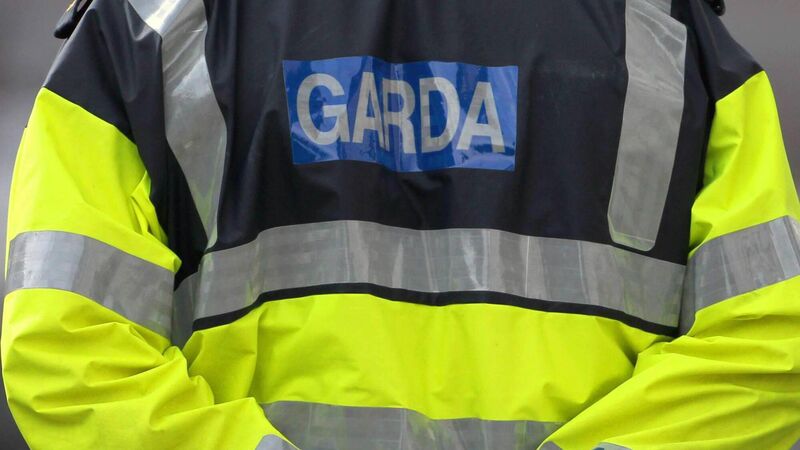Three-year plan to boost health and wellbeing of gardaí

A new strategy has been launched by An Garda Síochána to help with the health and wellbeing of its members.
The three-year plan will see the introduction of additional supports, as well as the strengthening of existing ones.










